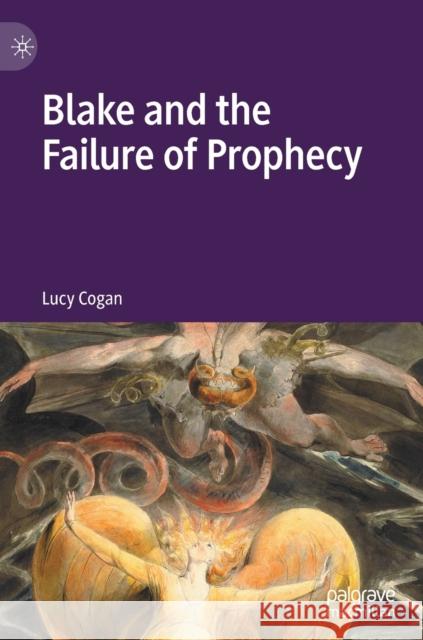Blake and the Failure of Prophecy » książka
topmenu
Blake and the Failure of Prophecy
ISBN-13: 9783030676872 / Angielski / Twarda / 2021 / 225 str.
Kategorie:
Kategorie BISAC:
Wydawca:
Palgrave MacMillan
Język:
Angielski
ISBN-13:
9783030676872
Rok wydania:
2021
Wydanie:
2021
Ilość stron:
225
Waga:
0.43 kg
Wymiary:
21.01 x 14.81 x 1.42
Oprawa:
Twarda
Wolumenów:
01
Dodatkowe informacje:
Wydanie ilustrowane











